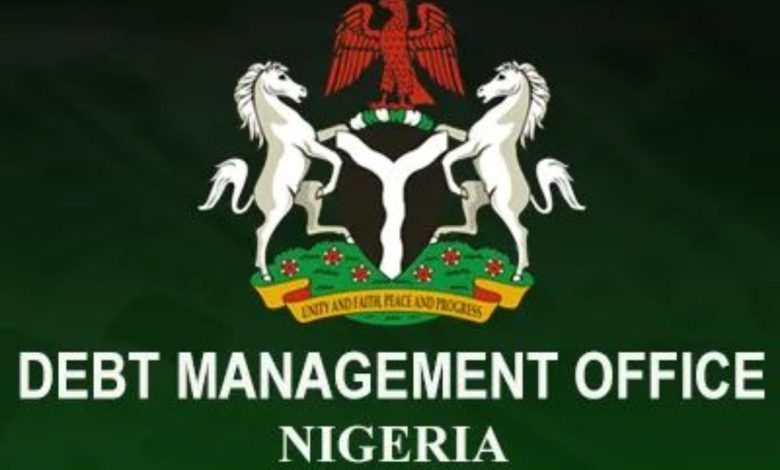
Nigeria’s debt servicing expenditure in 2024 skyrocketed to N13.12 trillion, marking a 68% increase from N7.8 trillion in 2023, according to the latest figures from the Debt Management Office (DMO). This exceeds the originally budgeted N12.3 trillion for the year, underscoring the growing fiscal pressure on the nation as debt obligations continue to mount.
As part of the 2025 budget, the Federal Government has set aside N16 trillion for debt servicing, signaling an expectation of ongoing high costs related to the nation’s debt burden.
Domestic Debt Servicing
In 2024, Nigeria’s domestic debt servicing cost reached N5.97 trillion, a 14.15% increase from N5.23 trillion in 2023. This sharp rise is largely attributed to the higher interest rates and increased domestic borrowing. The domestic debt service was primarily driven by Federal Government Bonds, which accounted for N4.69 trillion (78.59%) of the total domestic debt servicing.
Additionally, Nigeria’s domestic short-term borrowing instruments, such as Treasury Bills, saw an increase in interest payments from N326.12 billion in 2023 to N747.15 billion in 2024, a staggering rise of 129%.
External Debt Servicing
On the external front, Nigeria spent $4.66 billion (N7.15 trillion) in 2024 to service foreign debt, a 167% increase compared to N2.57 trillion in 2023. This surge is primarily driven by the global rise in interest rates and the depreciation of the naira, which has made servicing dollar-denominated debt increasingly expensive.
A significant portion of Nigeria’s external debt servicing was directed towards commercial creditors, amounting to $1.47 billion. Eurobonds, in particular, accounted for $1.15 billion, which represents 78.5% of the total commercial debt servicing. Multilateral creditors, such as the International Monetary Fund (IMF), received $2.62 billion, with $1.63 billion allocated to the IMF alone.
Bilateral creditors, led by China’s Exim Bank, received $570.67 million. This category also saw significant contributions from France’s Agence Française de Développement and Germany’s Kreditanstalt für Wiederaufbau.
Subnational Debt
On a state level, Nigeria’s subnational external debt slightly decreased to $4.80 billion by the end of 2024, down from $4.61 billion in 2023. Lagos State remains the highest debtor among Nigeria’s states, though its external debt reduced from $1.24 billion in 2023 to $1.17 billion in 2024. Kaduna and Edo states saw slight increases in their external debt stocks.
Government’s Approach to Debt Management
In response to the escalating debt burden, Vice President Kashim Shettima assured that the Federal Government is gradually reducing its borrowing. While acknowledging that borrowing is still necessary to finance critical infrastructure, Shettima emphasized that the government is focusing on reducing the budget deficit and ensuring that borrowed funds are used productively.
He highlighted that the Tinubu administration’s fiscal reforms have encouraged states to adopt more responsible borrowing policies, with many states opting not to borrow for their 2025 budgets. The Vice President expressed optimism that these efforts will lead to better economic indicators, such as lower poverty rates, reduced inflation, and sustainable economic growth.
Despite the sharp increase in debt servicing costs, Shettima reiterated the government’s commitment to ensuring Nigeria’s fiscal sustainability by tackling wasteful expenditures and boosting domestic revenue generation.





